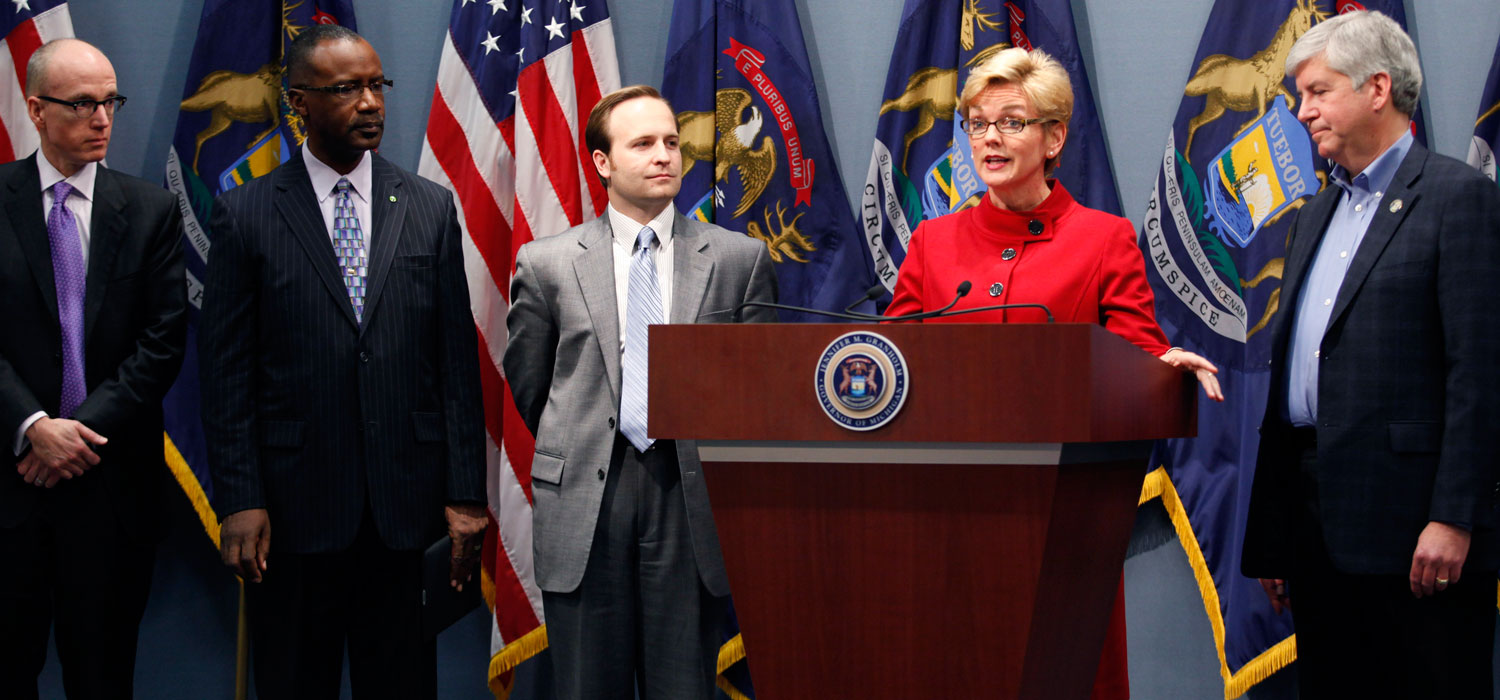
Now is a great time for states to revisit and evaluate their economic development strategies. Why now? Two fast-approaching deadlines are pushing economic development to the forefront. One has its roots in workforce development and the other in accounting.
First, the Workforce Innovation and Opportunity Act of 2014 (WIOA) has set out new guidelines for state workforce plans, emphasizing greater coordination between economic and workforce development. As one of us (Eyster) lays out in a new Urban Institute publication, the new guidelines demonstrate a shift in tone and recognize a greater need to connect these two strategies. Indeed, since businesses are making decisions about location increasingly based on the presence of a talented workforce, improved collaboration between the state workforce and economic-development agencies can make a state more competitive.
In another new publication, one of us (Francis) looks at new rules the Governmental Accounting Standards Board (GASB) has issued requiring state and local governments to disclose certain tax abatements in their annual financial reports. Until now, there has been no requirement to report on tax abatements that reduce revenue. For states that currently don't prepare tax-expenditure reports or have minimal disclosure, this new requirement may prove to be a real eye-opener. And for local governments it's a sea change; they are going to need a lot of help from the state to compile the numbers for their financial statements. But the new rule means that all levels of government will have to consistently report on tax abatements, and that creates an opportunity for state and local leaders to conduct a comprehensive review of all tax abatements.
Both of these new requirements mean that over the next six months to a year there will be a wider range of interest in economic development programs than is usually the case. The labor people will have to talk to the economic development agents; the accountants will have to come see the economists at the tax office. These meetings could go different ways. One way is the path of least resistance: how little is required to keep the workforce funds flowing and get a clean audit?
Another way, however, is to open a meaningful dialogue between the folks promoting the state economy, the folks promoting the workers’ skills, and the folks keeping track of all of the numbers. These partnerships could lead to a greater coordination of economic development strategy and a higher probability of success. For example, with better coordination, the state economic development agency and the workforce agency can tailor job training programs to be more responsive to growing industries.
Governors and legislators should make sure this opportunity is not wasted and ask their agencies and local governments to collaborate on these new requirements.
Tune in and subscribe today.
The Urban Institute podcast, Evidence in Action, inspires changemakers to lead with evidence and act with equity. Cohosted by Urban President Sarah Rosen Wartell and Executive Vice President Kimberlyn Leary, every episode features in-depth discussions with experts and leaders on topics ranging from how to advance equity, to designing innovative solutions that achieve community impact, to what it means to practice evidence-based leadership.